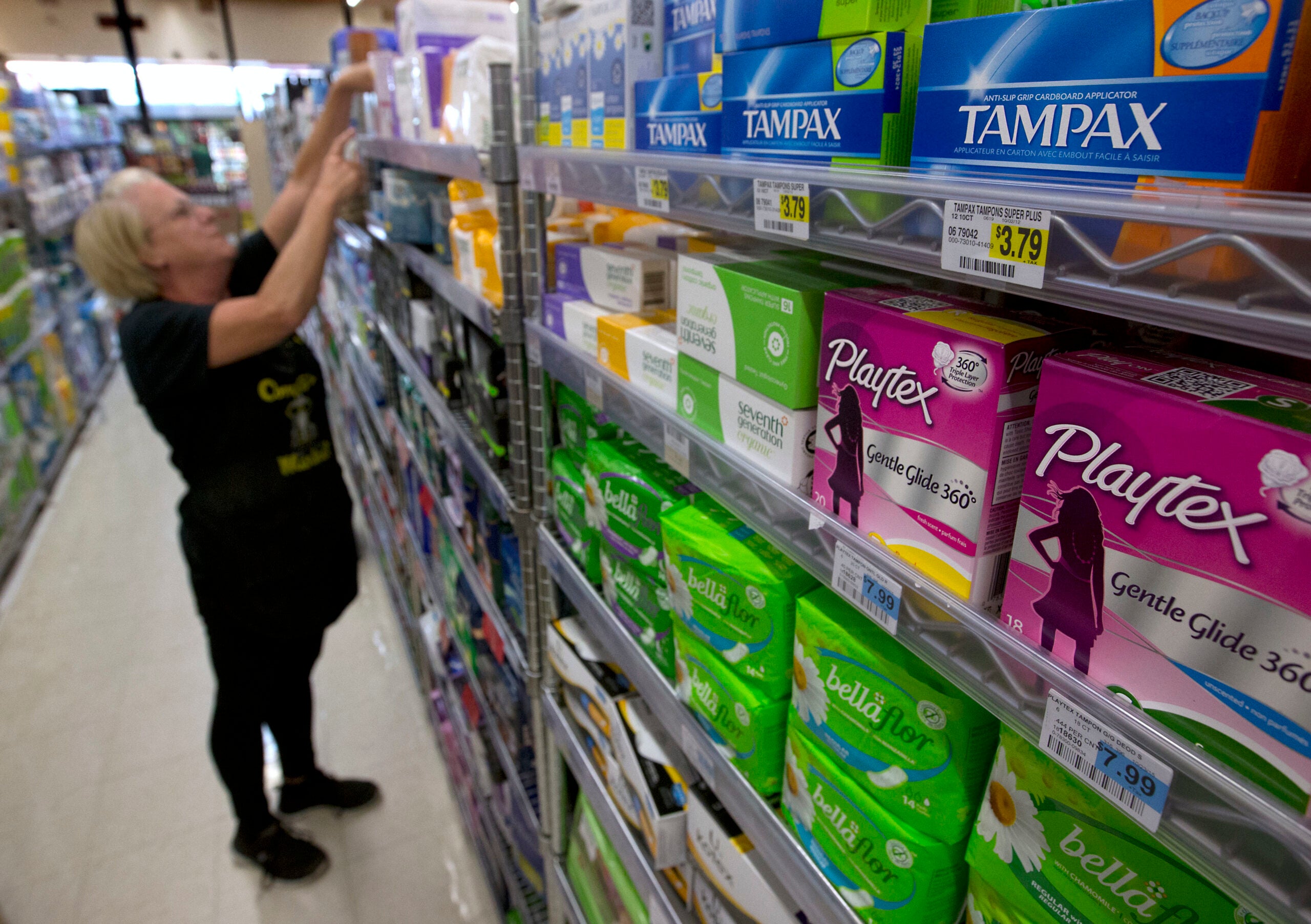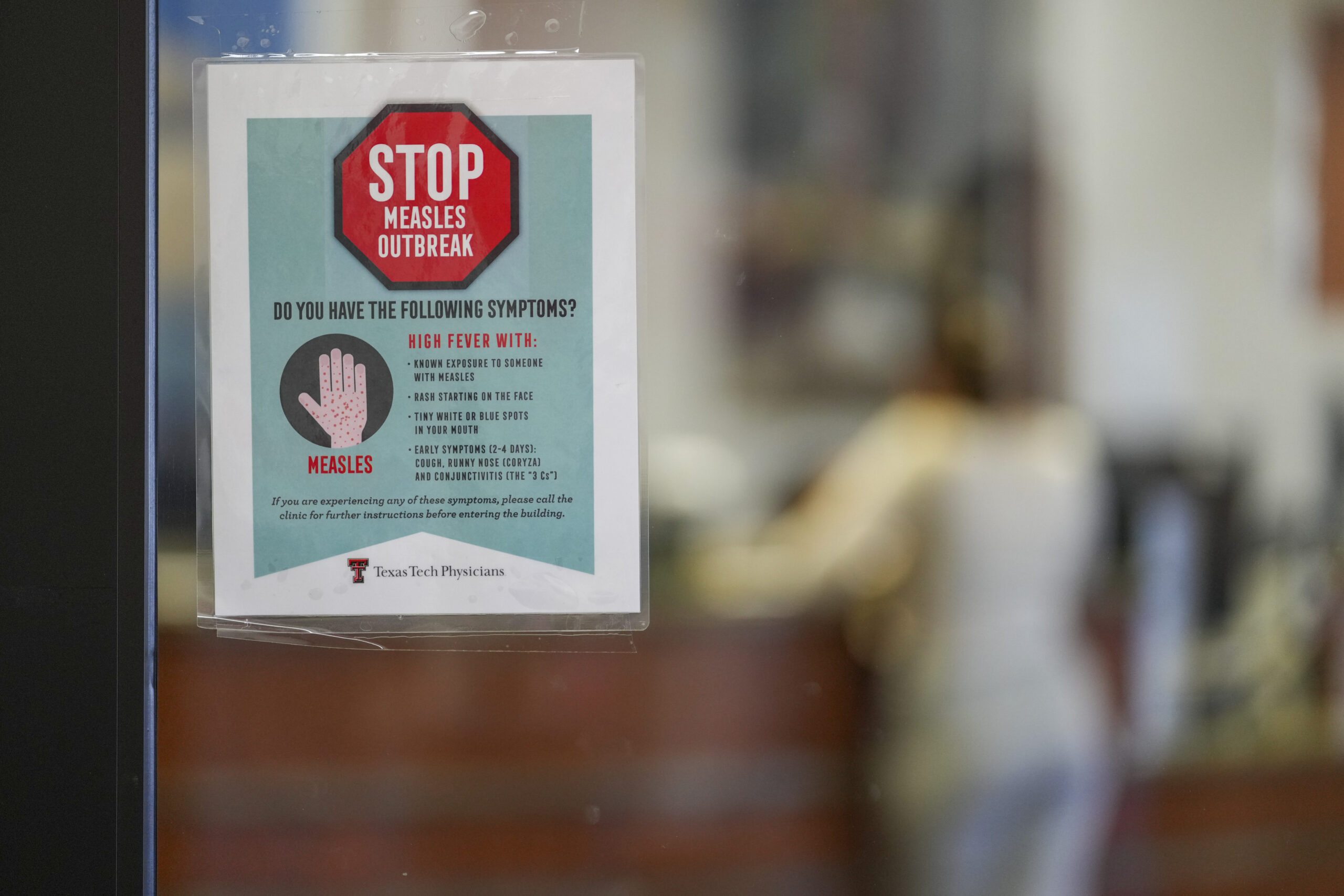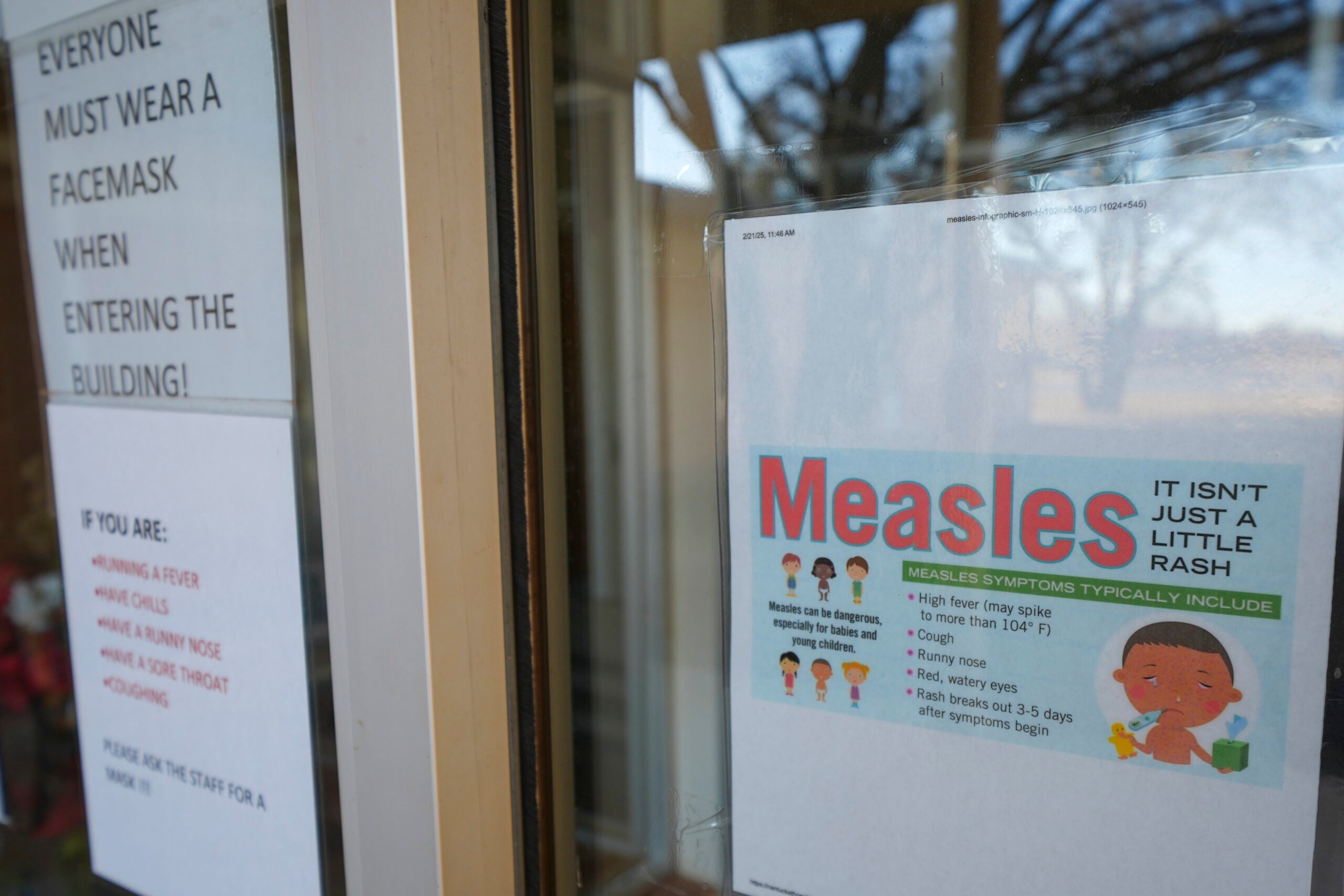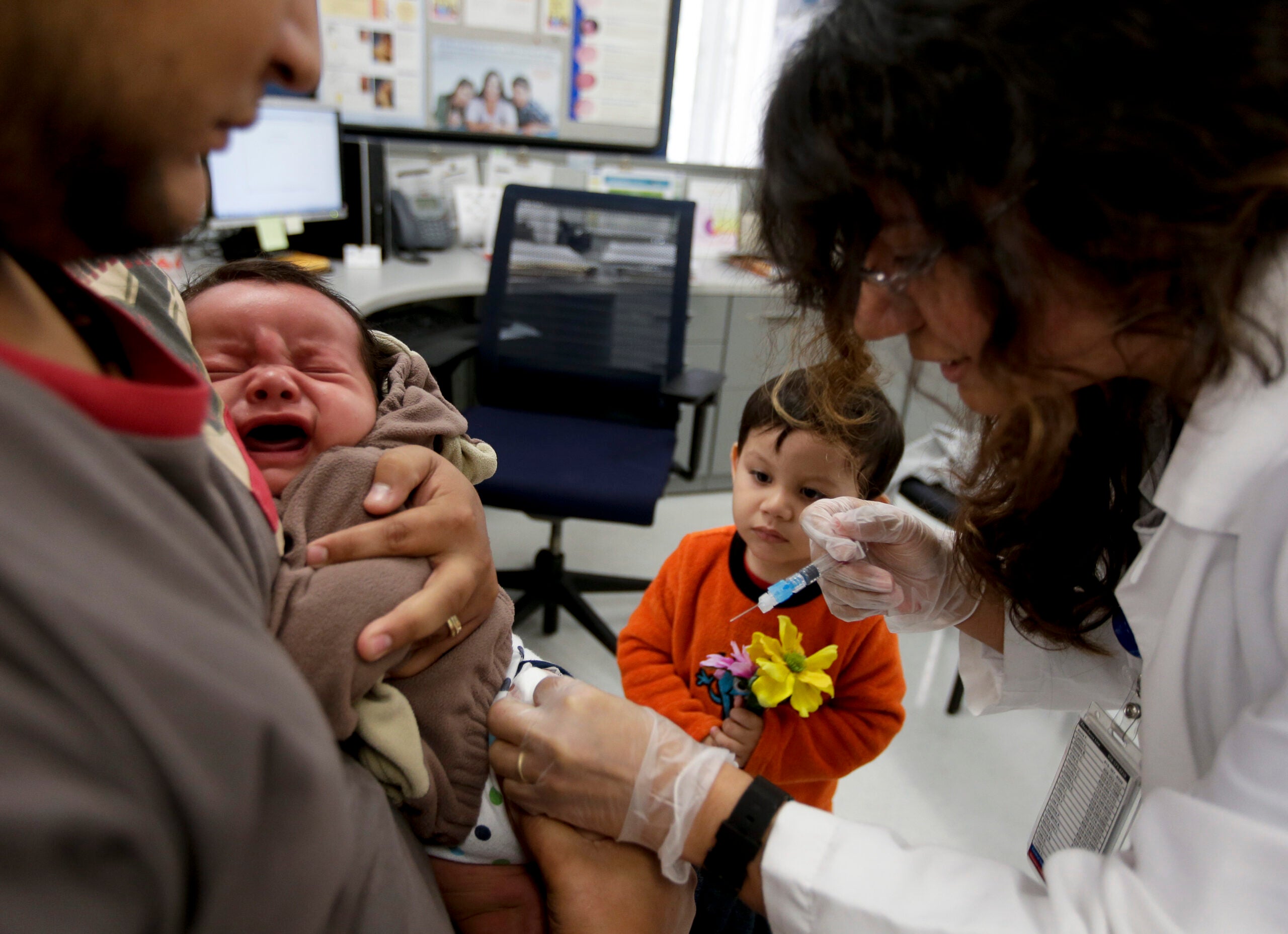Wisconsin is seeing an alarming rise in cases of toxic shock syndrome. The last time multiple cases were reported in a year was 12 years ago.
Since July, the state has had five reports of toxic shock syndrome, or TSS, with four cases associated with super absorbency tampon use by teenage girls, according to a state Department of Health Services press release. No deaths have been reported.
Dr. Ryan Westergaard, the state’s chief medical officer, said DHS hasn’t found any specific tampon product responsible for an increased risk, but is investigating potential causes.
News with a little more humanity
WPR’s “Wisconsin Today” newsletter keeps you connected to the state you love without feeling overwhelmed. No paywall. No agenda. No corporate filter.
“When you take a very rare phenomenon that happens one or two times in a year in a state of 6 million people, and you see four cases in a six-month period, that could just be to chance — it’s a coincidence, or there could be some underlying causes,” Westergaard said at a Tuesday afternoon press briefing.
“Maybe people are less aware of the risks associated with prolonged tampon use than they were in the past,” he continued. DHS advises against using a tampon for longer than four-six hours.
Westergaard said he doesn’t think the patients “did anything wrong or did anything risky in terms of prolonged use of tampons.”
He also stressed there’s no specific brand of tampon associated with the rise in cases.
“We don’t have information that any brands are unsafe. And it’s been well-recognized that super absorbency tampons can have this risk, regardless of the brand,” Westergaard said.
TSS is a rare but serious bacterial infection. It’s most closely associated with tampon use in young menstruating people, but tampons alone do not cause TSS. Symptoms like sudden fever, vomiting, diarrhea, dizziness, muscle aches, low blood pressure, seizures and headaches, among others, can appear, according to DHS.
DHS is encouraging Wisconsinites to speak with teens about “the proper use of tampons.” The state agency is also urging health care providers to watch for early TSS symptoms in patients who use tampons. Providers must report cases to their local health department, the agency said.
Treatment for toxic shock syndrome includes the use of antibiotics and supportive treatment to prevent dehydration and organ failure, according to DHS.
Editor’s note: This story has been updated to reflect that it’s the first time in 12 years that multiple cases of TSS have been reported.
Wisconsin Public Radio, © Copyright 2026, Board of Regents of the University of Wisconsin System and Wisconsin Educational Communications Board.





